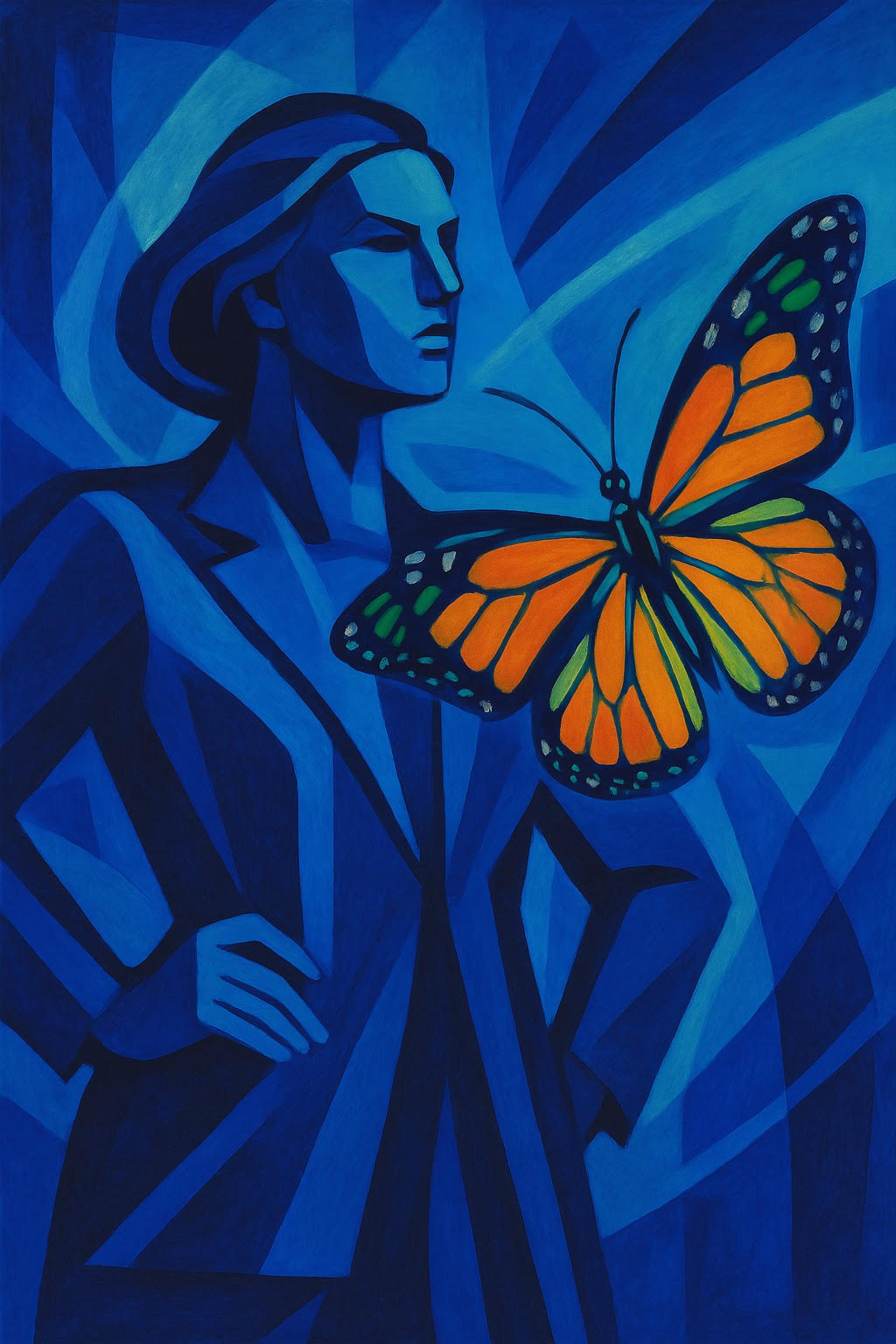Introduction
The history of the International Federation of Liberal Youth (IFLRY) reflects the evolving dynamics of global liberal movements. Embedded within this history is the underexplored but essential contribution of women in leadership roles. This paper provides a historical overview of the pioneering women who have shaped the trajectory of liberal youth politics, emphasizing their influence within IFLRY structures from the late 1960s through 2010.
1. Margaretha Holmstedt – First Female President of (1968–1970)
Margaretha Holmstedt of Sweden served as the first female President of the World Federation of Liberal and Radical Youth from 1968 to 1970. Her election during a time of limited female representation in international political organizations marked a groundbreaking moment for gender inclusivity within youth political movements. Holmstedt’s leadership coincided with an era of intense global socio-political change, including the youth revolts of 1968 and the rise of second-wave feminism. While documentation about her leadership remains limited, her role is acknowledged by IFLRY as a foundational part of their legacy (IFLRY, n.d.).
2. Madeleine Sjöstedt (Sweden) – President of IFLRY (1989–1991)
Madeleine Sjöstedt led IFLRY during the pivotal years at the end of the Cold War. As President from 1989 to 1991, she led the organization during a period of significant political transition in Europe. Under her leadership, IFLRY strengthened its role in supporting democratic transitions in Eastern Europe. Sjöstedt later went on to serve in Swedish politics, including as Deputy Mayor of Stockholm, where she continued advocating for human rights and liberal values (Ziv Institute, n.d.).
3. Imke Roebken (Germany) – President of IFLRY (1991–1997)
Imke Roebken holds one of the longest tenures as President in IFLRY’s history, serving from 1991 to 1997. Her leadership came at a critical time, following the dissolution of the Soviet Union and the emergence of new liberal movements across Europe. Roebken prioritized organizational stability, inclusion, and mentorship within the federation. Her presidency is recognized as instrumental to the federation’s growth during the 1990s (IFLRY, n.d.).
4. Ulla Tørnæs (Denmark) – Secretary General (1991–1993)
Before embarking on a distinguished career in Danish politics, including serving as Minister for Development Cooperation and Minister of Education, Ulla Tørnæs held the role of Secretary General of IFLRY from 1991 to 1993. She brought professionalism and a deep understanding of policy-making to the position, helping IFLRY navigate new partnerships with liberal youth organizations in the post-Cold War context (Wikipedia, 2024).
5. Tina Thorsell (Sweden) – Secretary General (1993–1995)
Tina Thorsell served as Secretary General of IFLRY during a period of internal strengthening. Her time from 1993 to 1995 was marked by efforts to increase transparency, accountability, and strategic planning. According to IFLRY archives, Thorsell played a vital role in coordinating between regions and in refining IFLRY’s communication and coordination structures (IFLRY, n.d.).
6. Annika Schneider (Germany) – Bureau Member (Late 1990s)
Annika Schneider contributed to IFLRY’s policy outreach and advocacy work during the late 1990s. She focused on human rights, gender equality, and intercultural cooperation. Though less publicly documented, her influence is remembered in internal IFLRY meeting records and through her participation in several thematic workshops (IFLRY, n.d.).
7. Sissel Kvist (Denmark) – Bureau Member (Early 2000s)
Sissel Kvist was known for her focus on civic education, democratic development, and capacity-building. As a Bureau Member in the early 2000s, she helped shape IFLRY’s work in strengthening youth political engagement in Eastern Europe. Kvist later continued her work with the Danish Liberal Party and remained a strong voice for youth rights (IFLRY, n.d.).
8. Christina Gilewski (Germany) – Vice President (2005–2007)
Christina Gilewski served as Vice President of IFLRY from 2005 to 2007. Her leadership concentrated on strengthening IFLRY’s external communications and expanding its international partnerships. Her legacy is associated with enhancing IFLRY’s presence in global liberal networks and strengthening its advocacy approach in international institutions (IFLRY, n.d.).
9. Marte Ingul (Norway) – Vice President (2007–2009)
Marte Ingul, active in liberal youth politics in Norway, served as Vice President of IFLRY between 2007 and 2009. She is known for her efforts to integrate environmental sustainability into the federation’s agenda, especially by organizing youth climate dialogues and encouraging policy innovation among Nordic youth organizations (IFLRY, n.d.).
10. Ruth Richardson (United Kingdom) – Secretary General (2008–2010)
Ruth Richardson, a British liberal youth activist, became Secretary General of IFLRY in 2008. She served until 2010, focusing on improving digital communication and internal structures. Later, Richardson continued her work on sustainability in the Netherlands, serving in water management governance. Her profile is featured by Liberal International as a continued advocate for climate and liberal values (Liberal International, n.d.).
Conclusion
From Margaretha Holmstedt’s groundbreaking presidency of in 1968 to Ruth Richardson’s transformative tenure as Secretary General in 2010, women have played a decisive role in shaping liberal youth politics on the international stage. These leaders not only advanced the governance and institutional vision of IFLRY but also created pathways for gender-inclusive leadership across liberal networks worldwide. Recognizing and documenting their contributions is essential to understanding the full story of youth liberalism in the 20th and early 21st centuries.
References
IFLRY. (n.d.). International Federation of Liberal Youth – Leadership Archives.
Liberal International. (n.d.). Ruth Richardson Profile.
Wikipedia. (2024). Ulla Tørnæs.
Ziv Institute. (n.d.). Infocenter record on Madeleine Sjöstedt.

